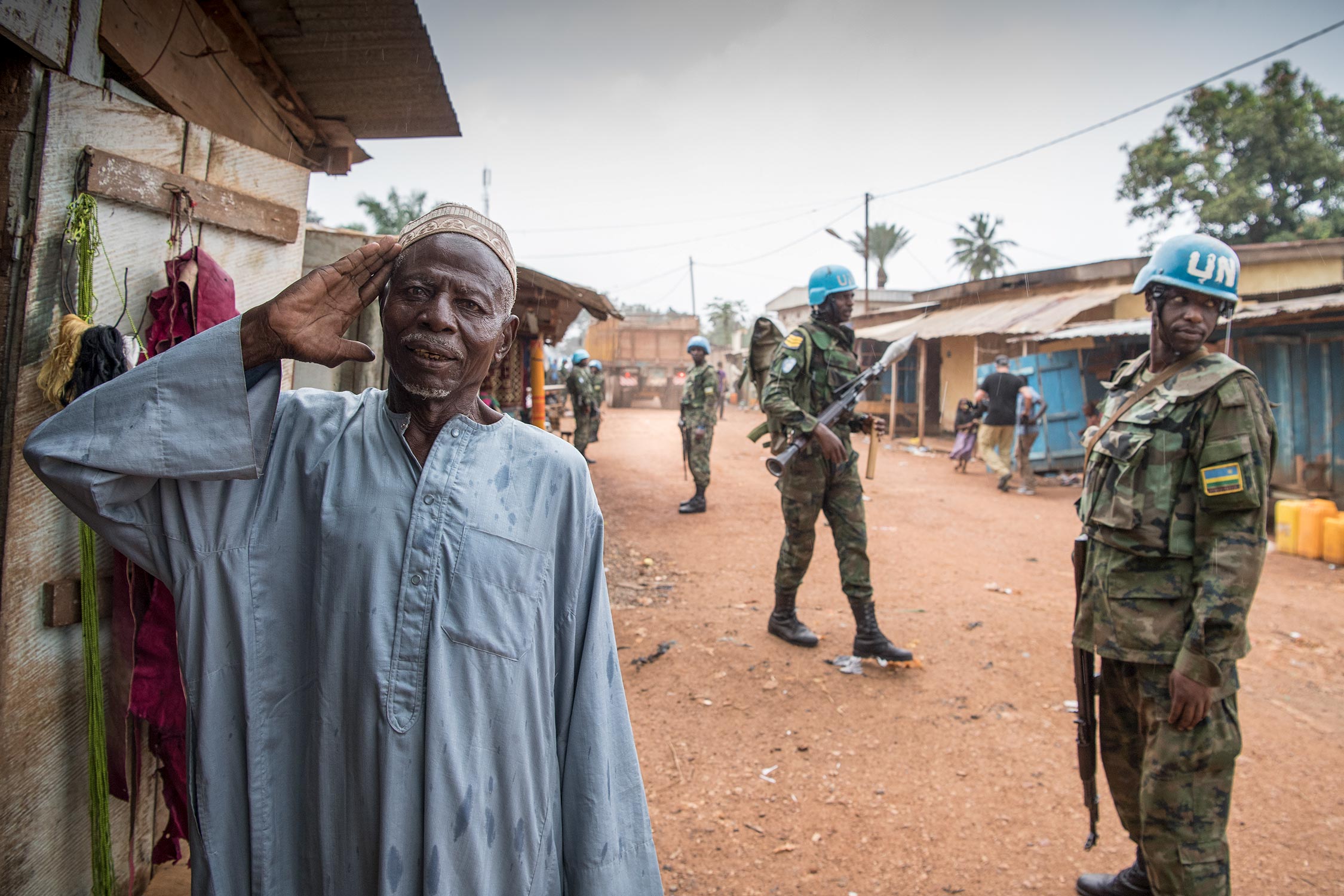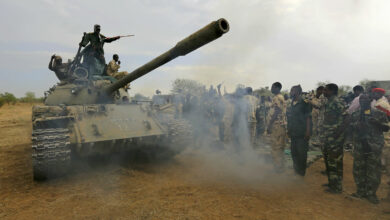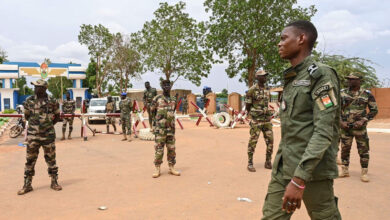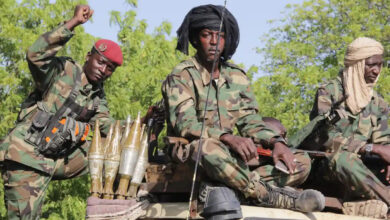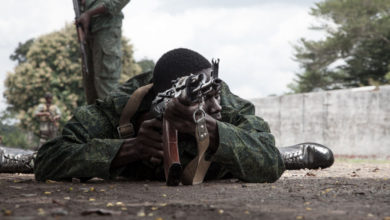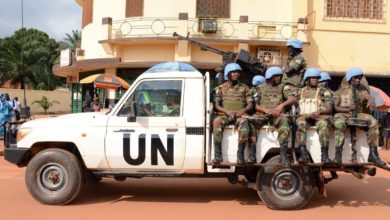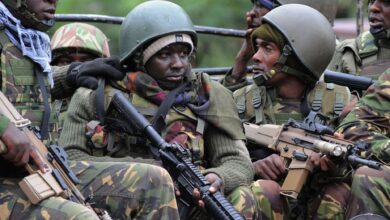Armed groups in the Central African Republic have presented nearly 100 demands, including a general amnesty, to an African Union expert panel seeking to broker peace in the country.
An A.U. document seen by AFP lists 97 demands by the armed groups in return for peace, with a government of national unity required along with the amnesty and a restructuring of the army.
RJDH earlier reported that the armed groups had issued a total of 89 demands, 12 of which are “non-negotiable.”
According to RJDH, the non-negotiable demands include provision for a national dialogue to be held in a neutral negotiating country that eventually leads to constitutional change. They also demand consultations on the choice of prime minister, and a process for the transformation of armed groups into political organizations.
The African Union has been leading a peace process in the Central African Republic but there has been little progress. It is the fourth to have been attempted in less than four years.
On April 2, African Union envoys finished a round of meetings with militia groups aimed at setting conditions for round-table talks between armed groups and the government under an “African peace initiative” for CAR adopted last July. The facilitators said they had met 14 recognized armed groups in all, and the round-table talks would begin in “a few weeks.”
According to a diplomat in Bangui, representatives of each armed group are expected to meet with the A.U. panel in the western town of Bouar on Monday to seek to “harmonize” their demands, before submitting the final list to the authorities.
But the government has so far refused to accept any conditions for the cessation of hostilities.
On April 23, President Faustin-Archange Touadera told the U.N. he wanted to “accelerate” the disarmament of members of armed groups in CAR, and for the United Nations mission in the country to transition from peacekeeping to peace enforcement.
Backed by the U.N. and the Central African Republic’s main partners, the African panel has also met with former presidents Michel Djotodia, in Benin, and Francois Bozize, in Uganda.
One of Africa’s poorest countries, majority-Christian Central African Republic descended into violence following Bozize’s ousting by a coalition of Muslim-majority rebel groups called the Seleka. Djotodia, a Seleka leader, took power in March 2013.
The Seleka was officially disbanded that September, but many fighters refused to disarm, becoming known as ex-Seleka. Many others joined the mainly Christian anti-Balaka militia to fight the Seleka, leading to a spiral of violence between groups along both religious and ethnic lines in which thousands died.
Djotodia was pressured into resigning by regional leaders in January 2014. By the end of 2014, the country was de facto partitioned – anti-Balaka in the southwest and ex-Seleka in the northeast.
France intervened militarily to help force out the Seleka before handing on to the United Nations peacekeeping mission, Minusca.
Violence has led to thousands of deaths. Nearly 700,000 people are displaced, 570,000 are refugees abroad and 2.5 million are in need of humanitarian aid, according to the United Nations.
Touadera’s weak government controls around a fifth of the country and relies heavily on Minusca for support. The rest is controlled by at least 14 different militia groups who often fight each other for control of revenue from extortion, roadblocks or mineral resources.
There have been numerous attempts at mediation in CAR since the start of the crisis, and seven peace deals have been signed, without any sign of calm being restored.
CAR armed groups demand review of Russia deal
Another demand received by African Union experts is a review of military deals between Central African Republic and Russia, AFP reported.
Russian advisors work with CAR’s military and provide security and advice for President Faustin-Archange Touadera.
According to the RJDH report, the armed groups’ non-negotiable demands include “the revision or cancellation of military cooperation agreements with Russia and South Africa.”
Moscow has had a high diplomatic presence in the country in recent months and is seeking to organize a parallel mediation meeting on Saturday in the Sudan’s capital Khartoum, according to AFP sources.
CAR spokesperson Ange-Maxime Kazagui on Monday denied any government involvement in those talks and reaffirmed Bangui’s strong support for the African Union mediation.
With reporting from AFP

